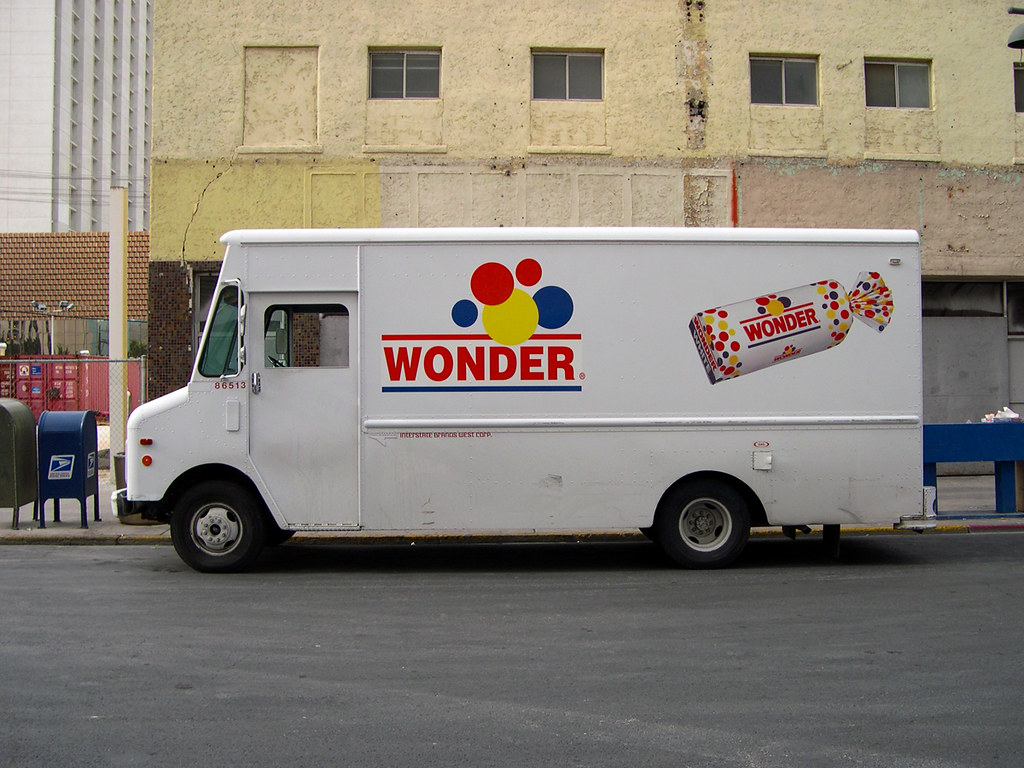
Food Trucks is a great way to get your food items where they need to go quickly and easily. Whether you’re looking to move your inventory from one location to another or want to provide a convenient service, food trucks are the answer.
This fast and convenient method of moving your product makes it easier than ever to get your products where they need to be when they need to be there. Many different types of food trucks are available, but here are a few of the most common:
Bakery Food Trucks are usually a large motorized vehicle, often pickup-based, with a kitchen on board that cooks, prepares, and serves food. Some, such as ice cream trucks, only sell pre-packaged or frozen food; others have on-board microwaves and also prepare food themselves, or they just heat already prepared food in a brick and mortar restaurant.
A pos system is used in most mobile trucks. This system consists of a tracking number for each track, the driver’s name and phone number for emergency calls, as well as a system that keeps track of each truck’s sales and delivery records.
Food truck equipment also comes in the form of coolers and refrigeration units. Most coolers are portable and come with one or two compartments for ice or bottles of soda, and the main cooler area for a variety of other food items, like fruits and vegetables. Refrigeration units are mounted on the back of the truck, below the cab.
They usually come with a freezer, a bottle section, and shelves for storage of canned goods, boxed goods, and other cold items. Both types of refrigeration units have information labels for each compartment and the truck driver is required to keep detailed records of the foods that are stored, and how they are packaged, and the expiration dates.
Any business planning to run food trucks should create a formal business plan, which is a written outline outlining all financial commitments and income sources for the business. This plan should also detail any loans or grants, the business has obtained, and the number of total assets held by the business. Along with this information, the business plan should also include a full list of the employees who will be participating in the operation of the trucks, the services they will provide, and any restrictions imposed by the city, state, county, or federal laws.
One of the most important aspects of operating a food truck business is maintaining an effective social media presence. This type of marketing can be very costly, and many smaller operators may not be able to afford to invest in it. Fortunately, social media websites allow small food trucks to create their accounts with several social media outlets, which allow them to list information about their business, post photos, videos, and anything else people would find interesting.
A good food truck business plan should include a section that details how the business intends to use the various social media sites, and how each site’s usage can help boost revenue. In addition, a food truck business should also consider using promotional tools such as promo boxes or newspaper inserts to promote themselves.











